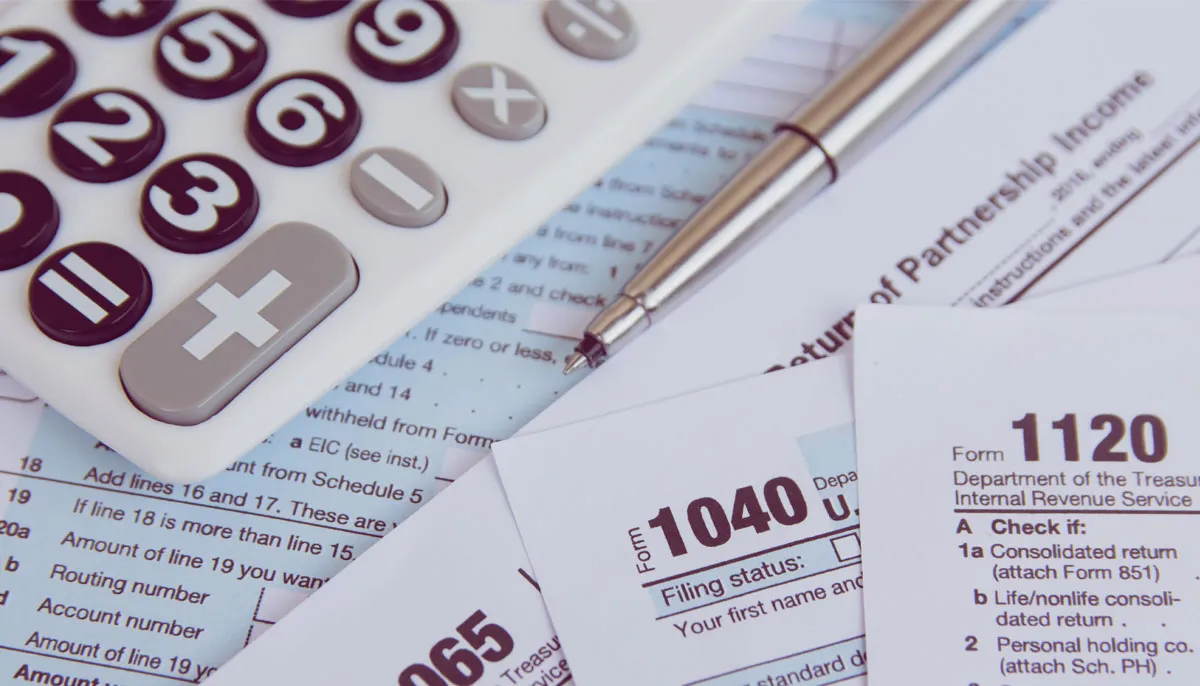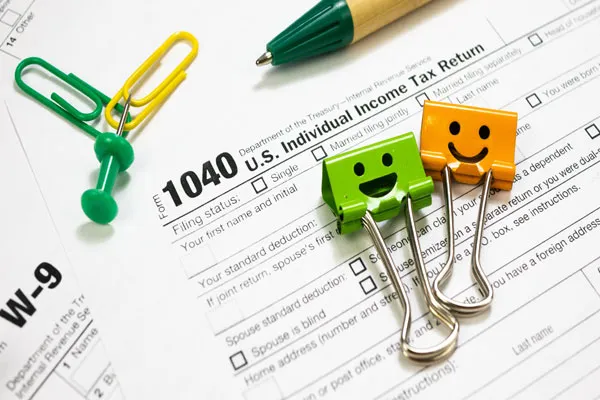
Tax season is right around the corner. Are you stressed about filing your taxes? Tax planning and optimization are critical components of sound financial management. In today's complicated environment, effective planning can help individuals and businesses minimize tax liability while maximizing their net income and wealth. Here is what planning and optimization entail and why they are so important.
Tax planning involves the strategic management of financial affairs to minimize tax liability. This process involves identifying and taking advantage of tax-saving opportunities legally and ethically. These strategies can vary depending on an individual’s or business's financial situation, goals, and circumstances. For example, a small business owner may want to use tax planning to minimize their income tax liability. At the same time, a high net-worth individual may focus on reducing their estate tax liability.
How to optimize your taxes
Optimizing taxes involves taking a comprehensive approach to tax planning. Tax optimization strategies go beyond simply minimizing tax liability and consider how taxes affect investment returns, cash flow, and overall financial performance.
For example, an investor may want to optimize their tax bill situation by investing in tax-efficient assets such as municipal bonds or taking advantage of tax-deferred retirement accounts.
To optimize your taxes, consider claiming the earned income tax credit if you qualify, and don't forget to deduct your property taxes when filing your return.
There are several key benefits to planning and optimization:
-
They help individuals and businesses reduce their tax liability, which can free up more money for other financial goals such as savings, investments, or debt repayment.
-
They help individuals and businesses manage their cash flow by minimizing tax payments throughout the year.
-
Tax planning and optimization can help individuals and businesses avoid costly tax penalties and interest charges.
-
They can also help individuals and businesses plan for the future by considering how taxes will affect their financial situation over time.

Image Source: Adobe Stock
Tax planning strategies
Some of the most common strategies for minimizing tax include:
-
Deferring income: You could defer income until a later year. By postponing income, individuals and businesses can reduce their current-year tax liability and either pay taxes at a lower rate or more affordably in the future.
-
Accelerating deductions: Similarly, individuals and businesses can bring forward tax deductions into the current year in order to reduce their taxable income. As with deferring income, this strategy can be particularly effective for individuals and businesses that expect their income to be higher in future years.
-
Maximizing tax-advantaged accounts: Individuals can initiate tax-advantaged accounts such as 401(k) plans or traditional IRA to reduce their current-year tax liabilities while also saving for retirement.
-
Gifting and charitable giving: Businesses can reduce their taxable income by making charitable donations. Individuals can also get tax benefit from this, as well as by giving gifts to family members or other beneficiaries.
Tax-loss harvesting: Investors can offset capital gains by selling losing investments and using the losses to offset gains. This strategy can help investors minimize their tax liability while also rebalancing their portfolio.
Effective tax planning strategies involve leveraging health savings accounts, taking advantage of tax credits, minimize capital gains tax through strategic investments, and exploring tax-free opportunities.
Choosing the best tax professional
Choosing the right tax professional can make a big difference in how much you pay in taxes and how smoothly your tax returns are filed. With so many professionals to choose from, it can be overwhelming to know where to start. Here are some tips to help you choose the right one.
Before you look for a tax accountant, it's important to determine your specific needs. Do you need help filing your income taxes? If you have a more complicated situation that goes beyond what TurboTax can offer, you may need some extra help. Perhaps, your business income is complicated or might be eligible for certain allowances. Understanding your tax needs will help you narrow your search for a professional.
Look for the right credentials. Tax professionals can have a variety of them, including enrolled agents (EA), certified public accountants (CPA), and tax attorneys. Each of these has different qualifications and experience, so choosing a professional with the appropriate credentials is crucial. For example, you should work with a CPA or tax attorney if your business tax is complicated.
In addition to credentials, you should consider the professional's experience. Ask how many years they've been working as a tax specialist and if they have experience working with clients in circumstances similar to yours. Before hiring, ask for references from current or past clients. This will give you an idea of their level of expertise and customer service.
During tax season, accountants can be extremely busy. Ask about their availability and turnaround time for filing your taxes. You'll want to work with someone who can meet your deadlines and is responsive to your questions and concerns.
The cost of hiring a tax professional can vary widely. Some charge an hourly rate, while others charge a flat fee. Make sure to ask about their fees upfront and get a clear understanding of what services are included in the fee.
It's important to have confidence in your chosen tax professional. You'll want to work with someone you feel comfortable with and trust to handle your tax returns accurately and efficiently.
Taxes affect your investment returns
In addition to tax planning, it is also essential to consider how taxes affect investment returns. Taxes can significantly impair investment performance, particularly for individuals with large investment portfolios. For example, high-income earners may be subject to higher tax rates on capital gains and dividends, which will reduce their investment returns.
Individuals and businesses may consider investing in tax-efficient assets such as municipal bonds exempt from federal income tax. Additionally, investors may want to consider using tax-deferred investment accounts such as 401(k) plans or IRAs to minimize current-year taxes.
A lot goes into tax preparation, and it's okay to seek help to maximize your return. Having someone you trust on your side can help ease your stress around tax season and make sure you are maximizing your allowances and not paying taxes unnecessarily.





